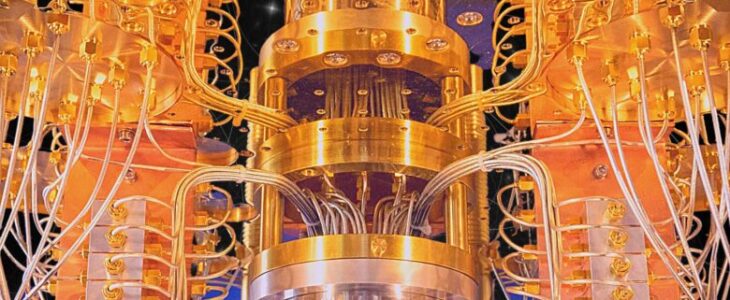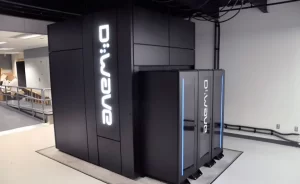
Quantum computing is based on the principles of quantum mechanics, which describe the behavior of matter and energy at the quantum level. Unlike classical computing, which is based on bits that can only exist in two states, 0 or 1, quantum computing uses qubits, which can exist in multiple states simultaneously.
Here are the basic details of how quantum computing works:
Quantum superposition: A qubit can exist in a superposition of states, meaning it can be in multiple states at the same time. For example, a qubit can exist in a superposition of both 0 and 1 at the same time.
Quantum entanglement: Two or more qubits can become entangled, meaning that their states are correlated with each other, even if they are physically separated. This property allows for the creation of quantum circuits that can perform complex calculations.
Quantum gates: Quantum gates are the equivalent of classical logic gates in quantum computing. They are used to manipulate the state of qubits, allowing for the creation of quantum algorithms.

Quantum algorithms: Quantum algorithms are designed to take advantage of the unique properties of qubits and perform calculations that are difficult or impossible for classical computers. Examples include Shor’s algorithm for factoring large numbers and Grover’s algorithm for searching unsorted databases.
Measurement: When a qubit is measured, it collapses to a single state. The probability of the qubit collapsing to a particular state depends on the superposition of states that existed before the measurement.
The implementation of quantum computing requires specialized hardware that can create and manipulate qubits. Different technologies, such as superconducting circuits, ion traps, and photonics, are being developed to create qubits and perform quantum operations.
Quantum computing is still in its early stages of development, and there are many technical challenges that need to be addressed before it can be used to solve practical problems. However, the potential applications of quantum computing are vast, and it is an area of active research and development.